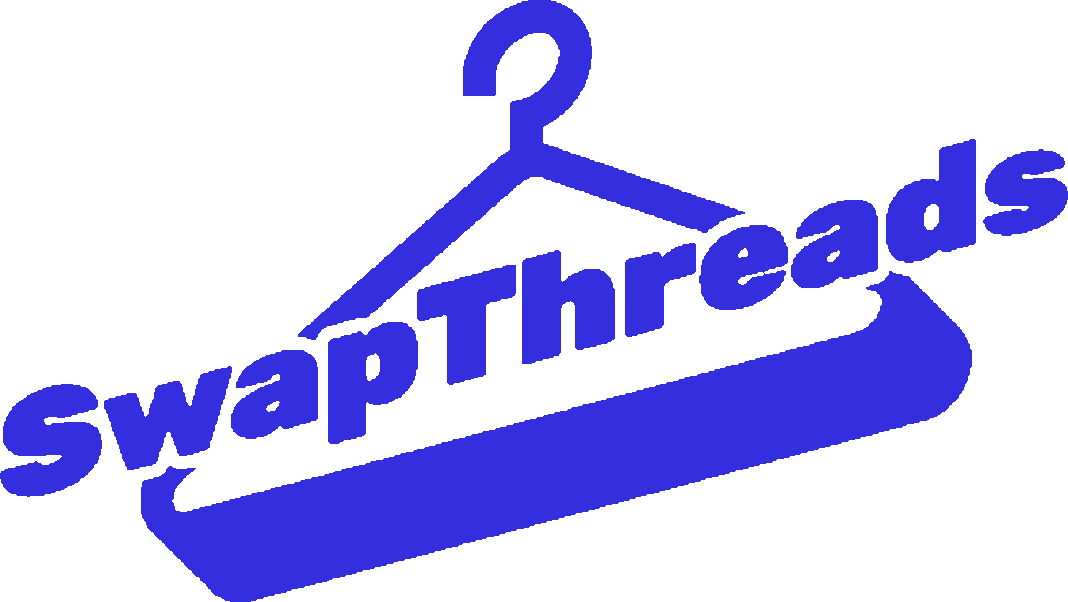Generated AI Prohibited-Use Policy
At SwapThreads, we’re excited about what generative AI can do. To keep everyone safe and compliant, the following rules govern how you may (and may not) use AI-powered features in our products and services.
1. Illegal or Dangerous Conduct
Do not use SwapThreads AI to plan, facilitate, or encourage wrongdoing. For example, you must not generate or distribute content that:
Involves child sexual abuse or exploitation
Promotes violent extremism, terrorism, or hate groups
Creates non-consensual intimate imagery
Encourages or instructs self-harm or suicide
Provides instructions for illegal acts (e.g., manufacturing illicit substances, hacking tools)
2. Privacy, Consent & Intellectual Property
Do not use SwapThreads AI to violate others’ rights. You must not generate content that:
Shares private personal data or biometrics without explicit permission
Tracks, surveils, or locates individuals without their consent
Infringes copyrights, trademarks, or trade secrets
3. High-Risk Automated Decisions
Do not rely solely on AI for decisions that materially affect people’s lives—especially in areas like employment, healthcare, finance, housing, insurance, or legal services—without a human-in-the-loop review.
4. Security & System Integrity
Do not use our AI to compromise security or stability. Prohibited behaviors include:
Crafting phishing messages, spam, malware, or social-engineering tricks
Attempting to disrupt, overload, or bypass security filters in SwapThreads or any third-party systems
5. Harassment, Violence & Extremism
Do not produce or share content that:
Harasses, bullies, or defames individuals or protected groups
Incites violence or intimidation
Contains graphic or pornographic violence
6. Sexually Explicit Material
Do not use SwapThreads AI to generate pornography, erotica intended for sexual arousal, or explicit sexual content.
7. Deception, Misinformation & Fraud
Do not create content that:
Misleads people through impersonation of real individuals or official entities
Fabricates credentials or expertise in healthcare, legal, financial, or government settings
Promotes health or safety misinformation, or undermines democratic processes
